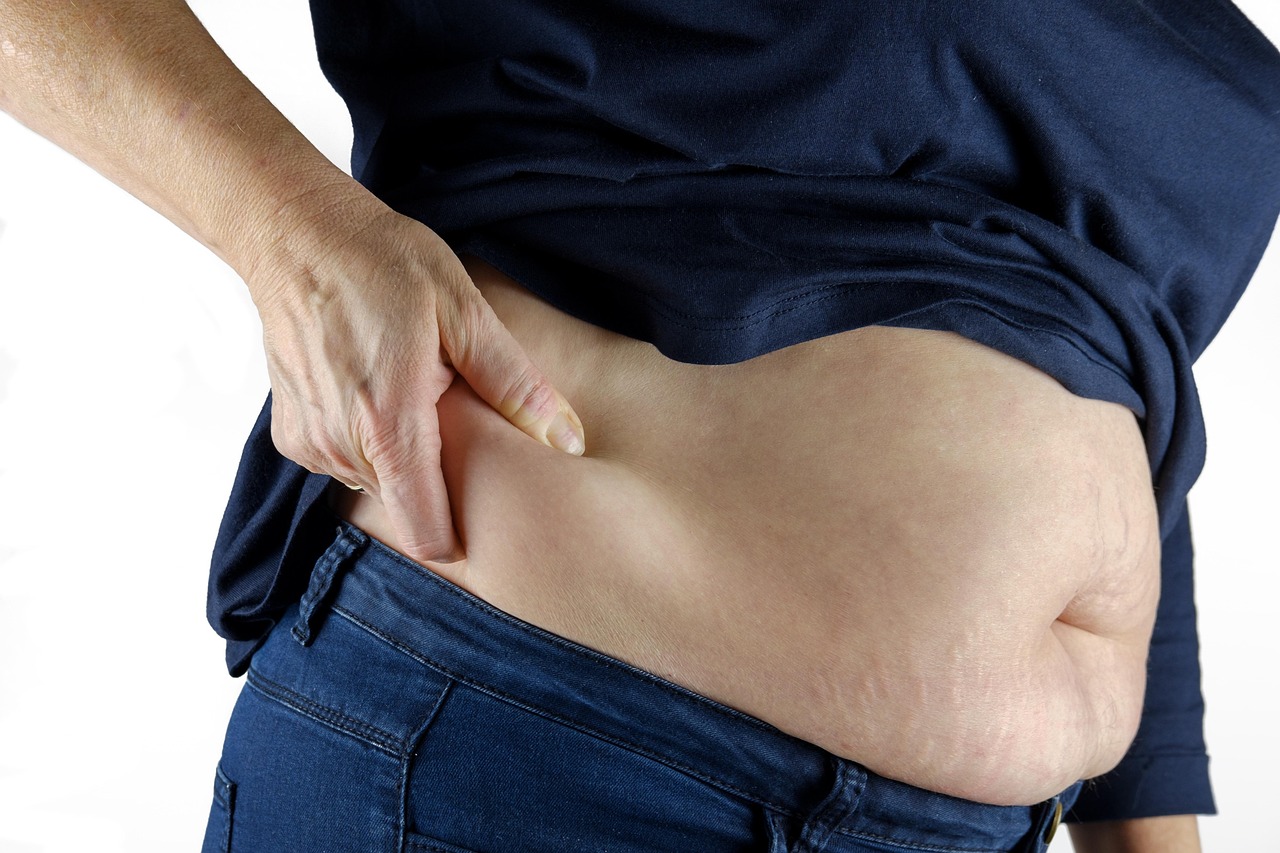Why will mothers seek help from a Postnatal Depression Therapist?
Postpartum depression (PPD), can affect between 10 and 20 percent of new mothers and or both parents and can range from the late days of pregnancy to the first year after birth.
A Postnatal Depression Therapist is the one type of medical professional that can help with all sorts of relief for this disorder.
They will assist you with mental issues such as :
- 1: MOOD ISSUES OR DISORDERS
- 2: POSTPARTUM ANXIETY
- 3: POSTPARTUM PSYCHOSIS
- 4: ANTENATAL DEPRESSION
- 5: DEPRESSION DURING PREGNANCY
THE SIGNS A THERAPIST WOULD LOOK OUT FOR ARE:
- A drop in a patient’s mood swings for 2 weeks or more.
- The patient losing interest in the baby and or even herself.
- Weight and appetite changes for the worse.
- Though she may feel constantly tired she will have difficulty trying to sleep.
- Always crying to sad with uncontrollable tearing.
- A constant fear of being trapped in life and or despair.
- A severe lack of motivation in anything.
- A change or difficulty in ways she concentrates or tries to.
- A feeling of inadequacy and constant guilt.
- Always have an overwhelmed or inability to cope feeling.
- Irritability levels skyrocket.
The therapist in these cases also helps the patient cope with above, but also through sessions with or without the husband and family, help her with preventing from withdrawing totally from the family, friends, and other social occasions. They will also take note of the patient’s physical signs that show she may have PPD like physical signs of tension which may include but limited to stomach aches, blurred vision, and or headaches.
Some therapists have helped patients that have gone as far as self-harm, death, or suicide, which just shows how severe and real this PPD can get and is much higher in multiple births as well as births to close to each other.
Therapists have always given tips on self-help and here are the top ten:
- !: Develop a sort of support plane and always try and include ” hubbie ” or partner.
- 2: Take breaks from baby and find time to relax, once again” hubbie” should help or partner.
- 3: No matter how small or unimportant a feeling may be, share it with at least one person – SHARING IS CARING –
- 4: Use and learn to lean on your partner, friends, and or family.
- 5: Relationships with others, is just as important as with new baby, remember that and make that your next priority.
- 6: Use the making of family meals and scapegoat and not an excuse or burden.
- 7: Try to get out as much as possible into the fresh air with or without the baby/babies (once again ” hubbie” and partner comes in hand when the weather is bad)
- 8: Start slowly with your normal routine of exercising and do not push it too hard.
- 9: Get proper sleep (once again partners help)
- 10: Join a support group for PPD mothers and share.





